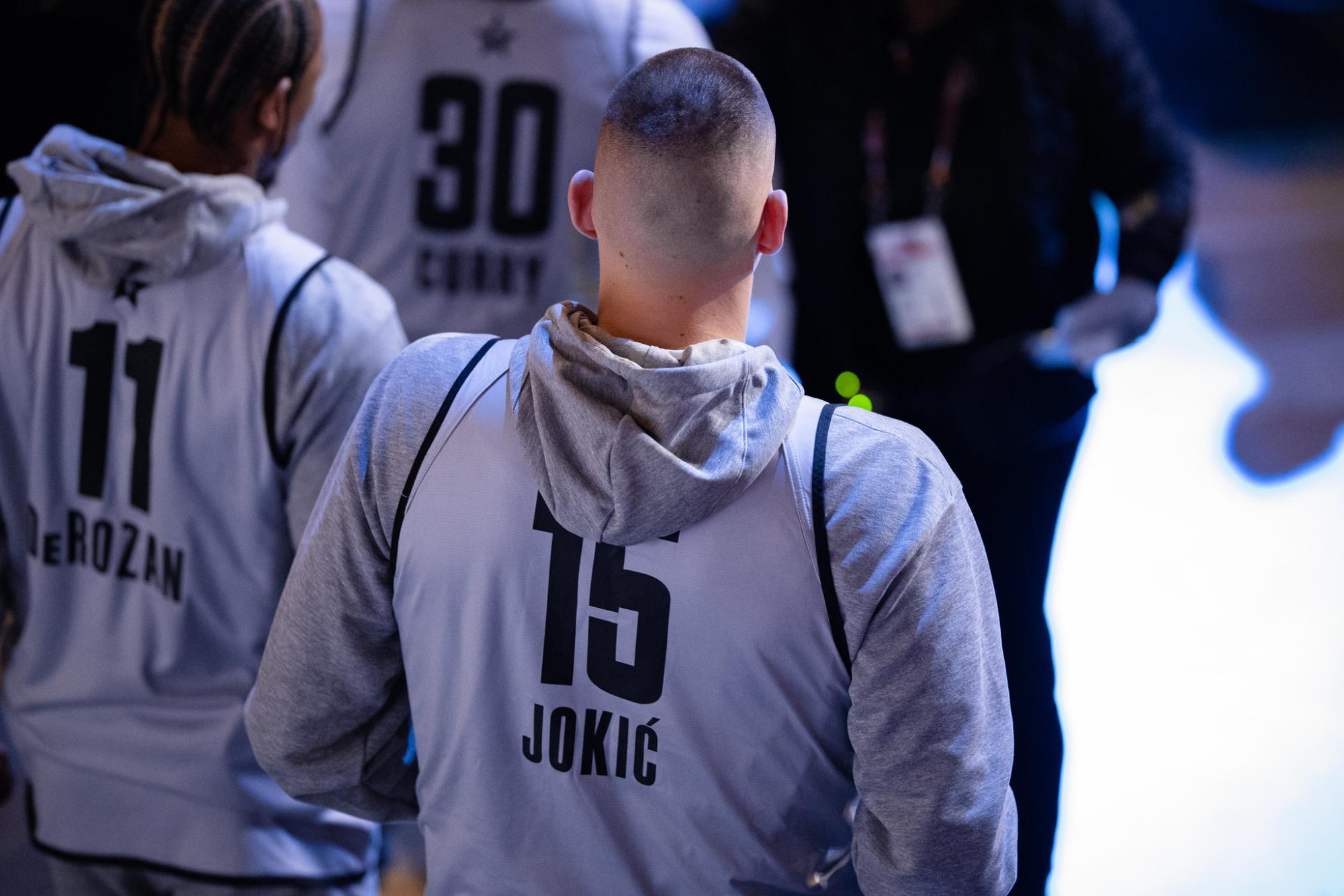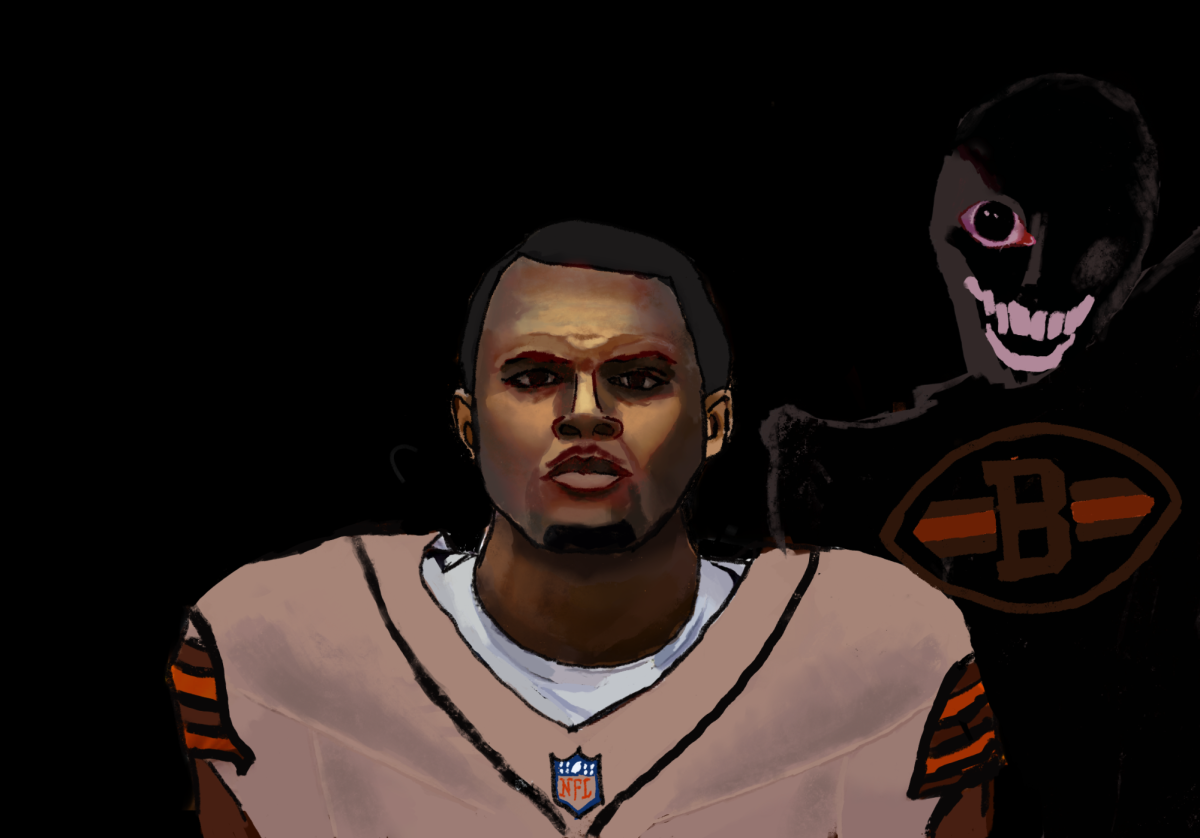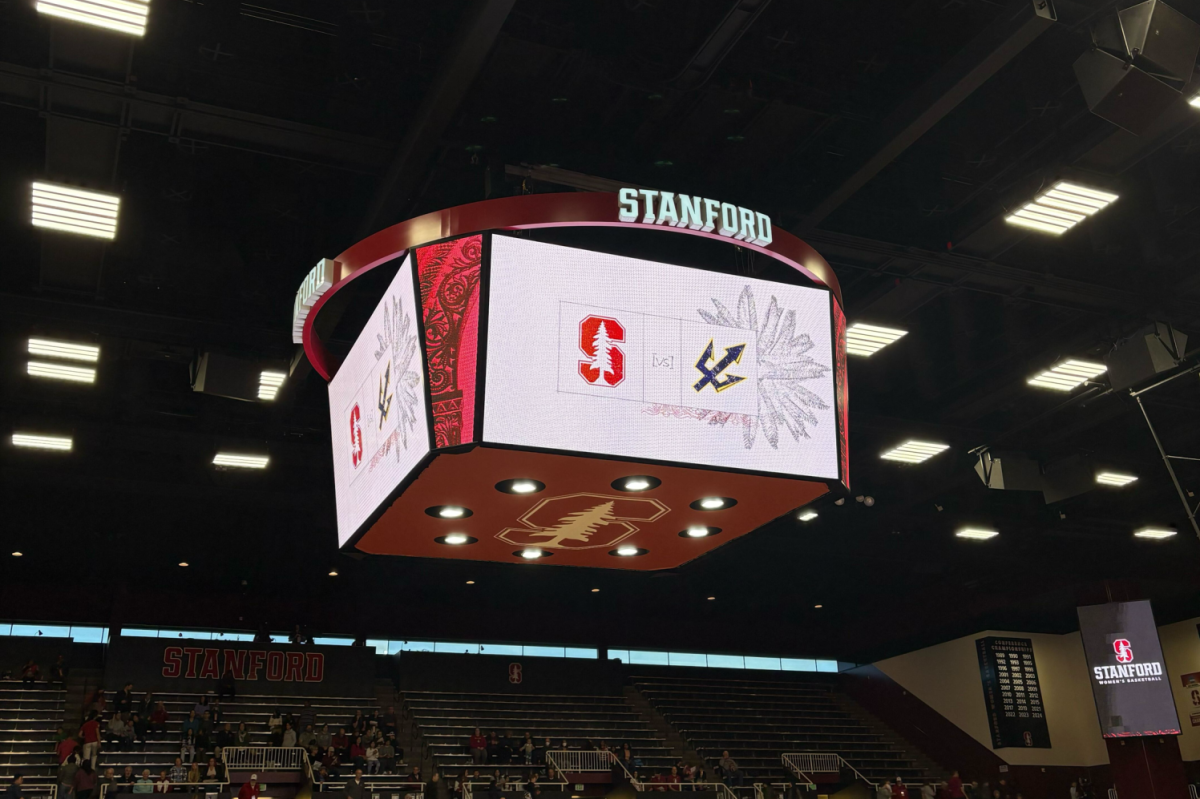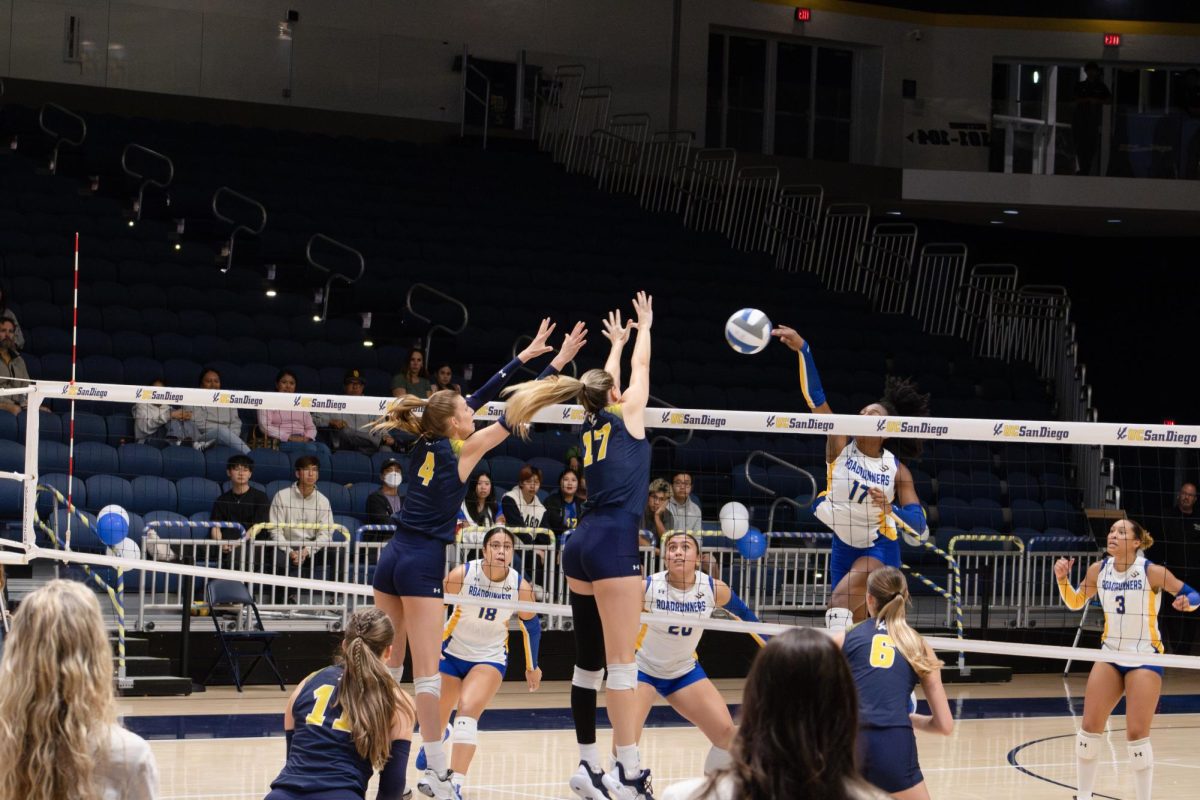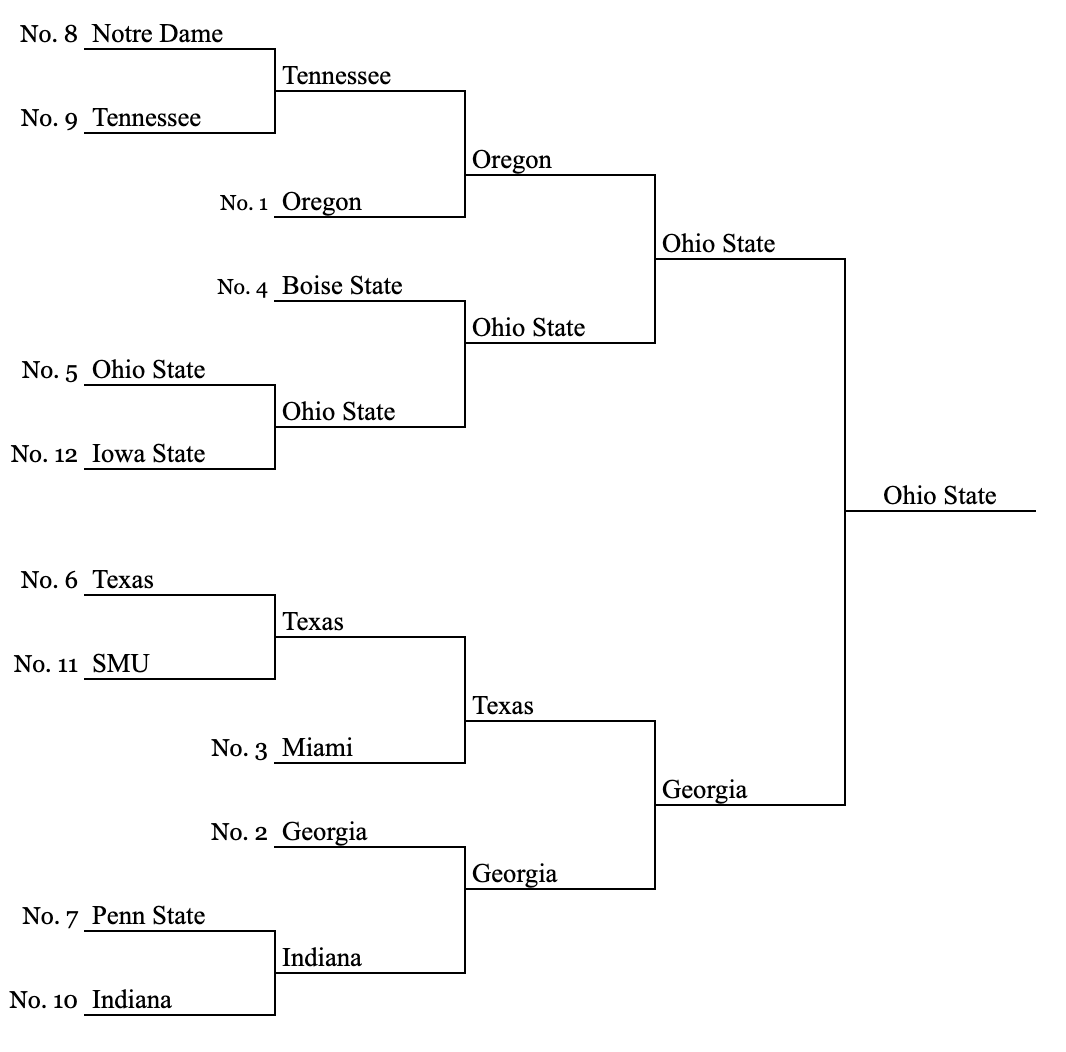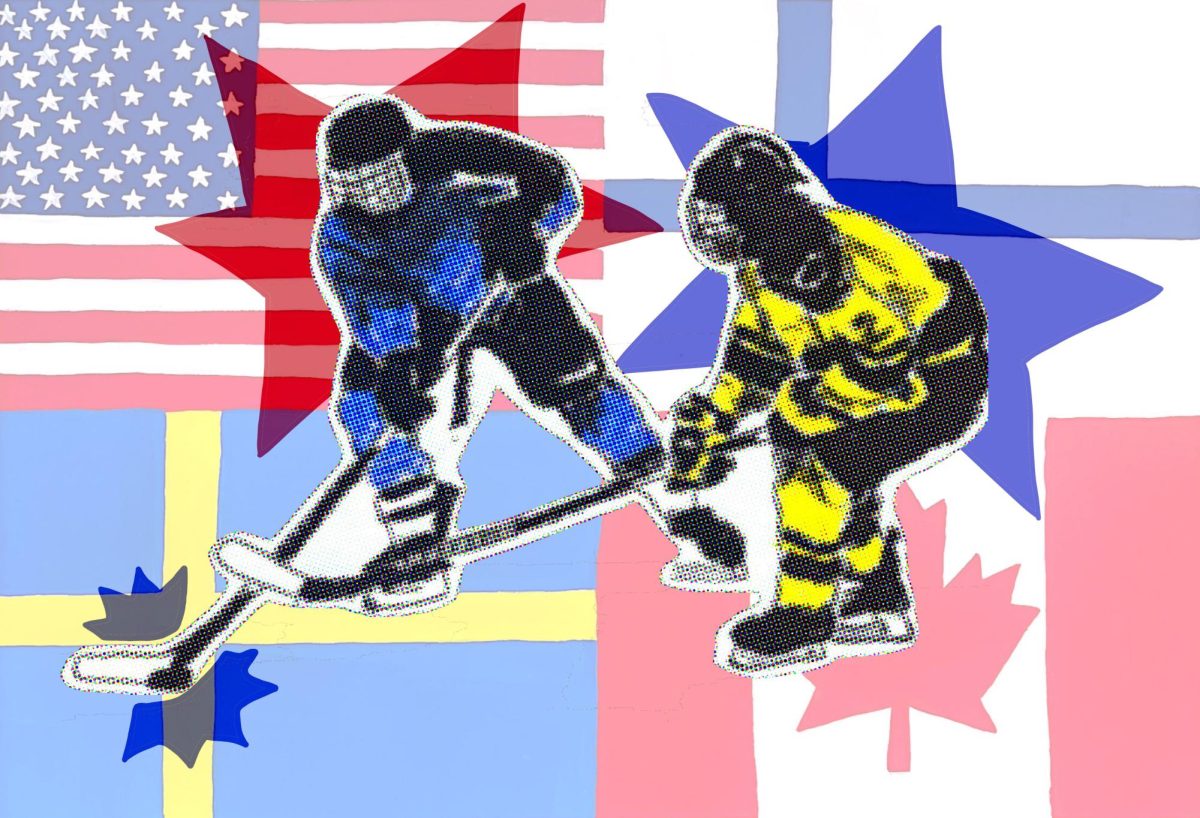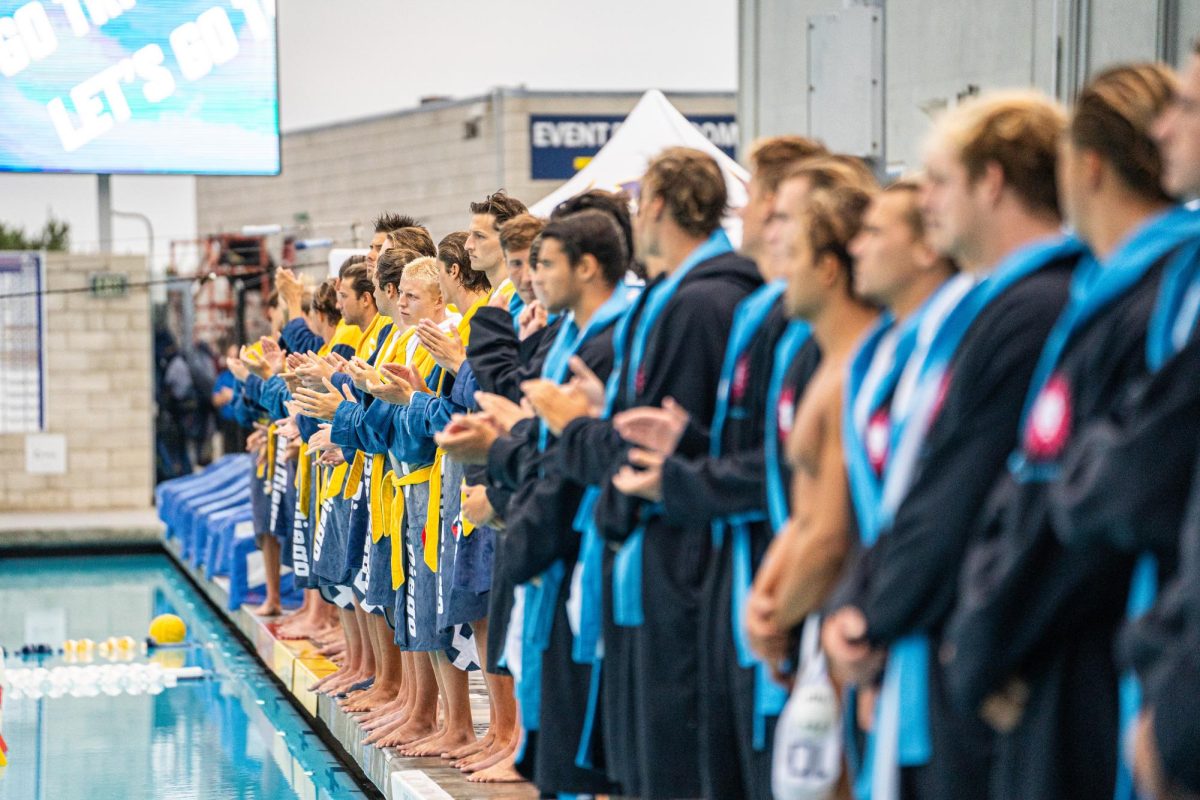Nikola Jokic plays basketball with the deliberate insouciance one might associate with a player drafted into the NBA during a Taco Bell commercial. He appears to hold no grudge and happens to be, in our favor, a lovable, overachieving superstar who views himself as anything but.
Jokic is a doughy, lumbering Serbian giant with loping strides and a laborious gait, who has made heady-touch passes and timely second-chance put-backs to the tune of two — soon to be three — regular season M.V.P awards. Basketball fans are captivated by Jokic, the rare athlete who dominates his opposition with an effective repertoire that prioritizes little beyond thorough expertise of the game’s fundamental principles.
Precedents for the inevitable evolution of a big man sporting Jokic’s wide-ranging capabilities are found far and wide in the game’s history; after all, George Mikan’s exploits led to Wilt and Russell’s duels, which led to Kareem and Hakeem, then to Shaq. That Jokic managed — and manages — to fit the billing and continue to unflaggingly impress, all the while pacing the field, proves the ultimate testament to his growing legend.
The seeds of Jokic’s budding Denver Nuggets dynasty were planted four years ago during the 2020 pandemic-shortened season when their young squad weathered two seven-game series en route to a matchup against LeBron James and the veteran Los Angeles Lakers in the Western Conference Finals. An Anthony Davis buzzer-beating three-point shot over Jokic put the Lakers up two games to zero, setting the tone for the Nuggets’ inevitable fate.
“We are nobody,” asserted Jokic following the season-ending loss, ablating any budding celebratory buzz surrounding the franchise’s first trip to the conference finals in over a decade. “We are just someone who work to be here. Some of us didn’t play for a season or two, so we know what is the feeling of working hard for something…”
The center has long begrudgingly tolerated the fame and acclaim that has come with his public profession, most notable in his usual sulk through a postgame scrum. Jokic has a terse relationship with an American sports media machine that has long made an industry out of relentlessly hounding impressionable, abnormally tall young men; yet, the press room has largely been unable to crack the Serb’s code, primarily because Jokic has no interest in letting the world in. He has no social media — “I find it a waste of time,” he claims.
He is not alone; his teammates Jamal Murray and Michael Porter Jr. also seldomly use or don’t use social media at all. Porter Jr. and Murray, the less heralded members of the Nuggets’ core trio, are the franchise’s lifeblood — integral, veteran members of the team since back against the Lakers in the bubble. Their contribution to the team is immeasurable and beyond anything quantifiable in All-Star game appearances, which neither player, most remarkably Murray, is yet to earn. In fact, if the Nuggets win the championship this year, provided Murray maintains the same level of production, the Canadian will have created an extremely strong Hall of Fame case prior to being named to a single All-Star team.
There is a remarkable calmness inherent to the Nuggets run that is most evident in Jokic — the building block of the franchise’s dynastic visions. He has made no secrets of his ideal future, and the Nuggets’ front office knows full and well how he would much rather be racing horses and that the fame does not entice him. When he plays, Jokic does so with an almost effortless, breezy stoicism that stems from his complete understanding of his system. There is no hesitation, no confusion in his game. Opponents appear to cause him only mild consternation. Sometimes an adversary will “win” the initial defensive matchup against Jokic, only to be left either so off-kilter or simply spent, that Jokic deftly lingers around for the re-attack before he can scoop up the rebound. He tracks and corrals the ball with cat-like reflexes before navigating the ball up and into the basket, all while barely leaving the ground.
While hallmarks of Jokic’s playstyle, efficiency, calmness, and stoicism are not sought-after traits for marketing an NBA superstar. That only makes it all the more impressive that Jokic manages to draw eyes with his patented ho-hum playstyle; his seemingly rote fundamentals are always one step more efficient and more effective than his opponents’ richly cultivated bags of tricks. Of course, basketball is a team sport, and none of the big man’s success happens without the Nuggets’ offensive facilitator. The entire team benefits from the harmonious energy emitted by Jamal Murray, their feisty, buzzing point guard. While Jokic’s low post endeavors are airy and rumbling, Murray’s sharp cuts and stop-and-start maneuvers inject bursts of energy alongside the rest of the team’s churning offensive motion that can sometimes come off as sleepy indulgence.
The continuous evolution of Murray and Jokic’s long-developing chemistry is evident with each passing series, as Murray complements Jokic’s tranquil undercurrent with scattered jolts of energy and completely takes over in the clutch. Under the right scenarios, it nets pristine basketball and re-emphasizes the rapidly growing belief that no duo in the modern game has a comparable grasp on the dynamic of symmetric, congruent basketball as Nikola Jokic and Jamal Murray do.
As I write, the Denver Nuggets currently sit two wins away from sweeping the Los Angeles Lakers out of the postseason for the second consecutive season, with the ending to the final chapter of LeBron James’ playoff career thoroughly in their control. In a game more global than ever, a franchise long bereft of playoff success hailing from the snow-capped peaks of the Rocky Mountains is led by a Serbian behemoth, a meditative Syrian-Jamaican Canadian guard, and a skilled, lanky Midwesterner. A once unfathomable possibility of repeating as world champions is now dawning as a likely outcome for the best team in basketball.


